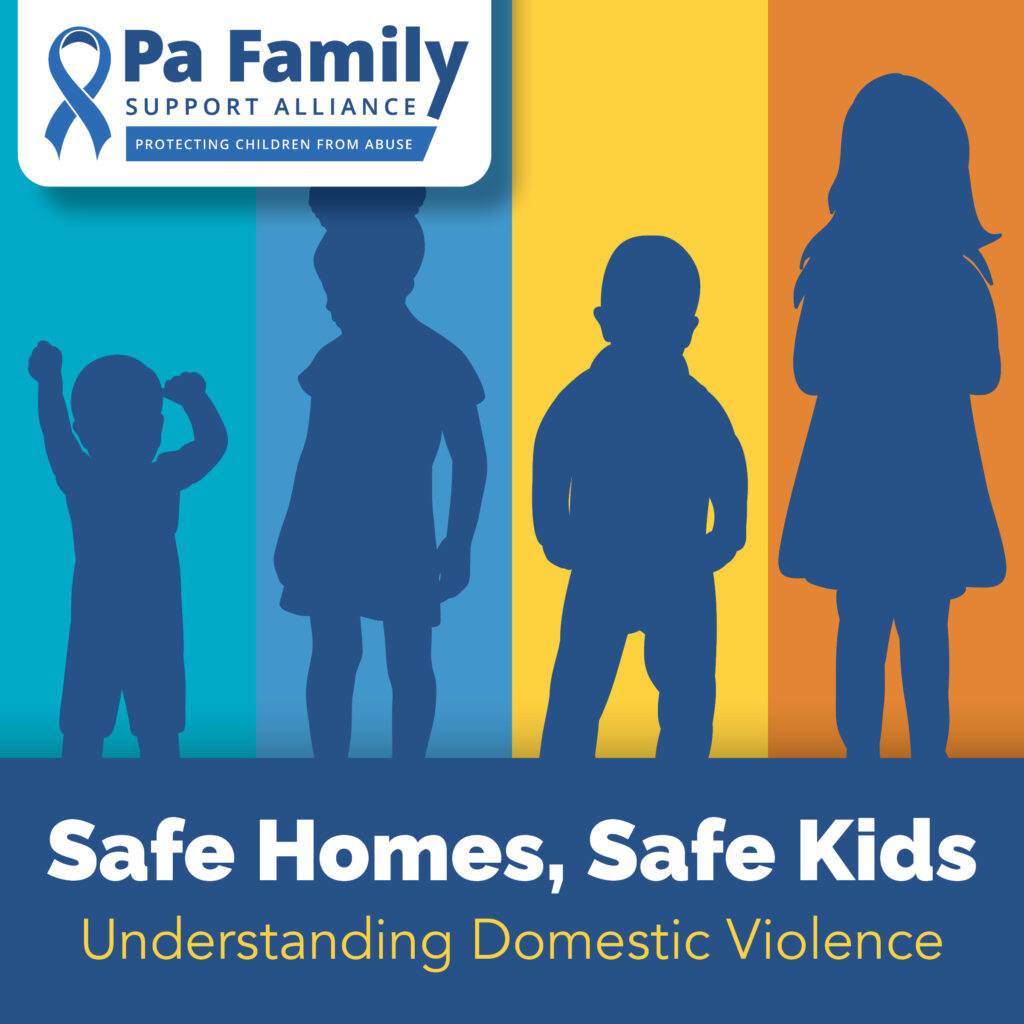Safe Homes, Safe Kids: Understanding Domestic Violence

When we talk about children’s safety, we often picture playgrounds, schools, and neighborhoods. But for many children, the most dangerous place is the place that should be the safest: their own home. Domestic violence doesn’t just affect adults in a relationship; it ripples outward, leaving deep and lasting impacts on children.
How domestic violence affects children
Children who grow up in homes where violence is present often live with constant fear and uncertainty. Even when they are not the direct target, witnessing yelling, threats, or physical harm can take a heavy toll. Studies show that children exposed to domestic violence may experience:
- Emotional struggles such as anxiety, depression, or difficulty trusting others
- Behavioral issues like aggression, withdrawal, or trouble in school
- Physical health problems linked to stress, such as headaches, sleep disturbances, and weakened immune systems
- Long-term risks of repeating the cycle of violence in their own adult relationships
These realities remind us that domestic violence is not a private family matter: it’s a community issue with generational consequences.
What prevention looks like
Breaking the cycle begins with prevention and support. Families under stress often need safe outlets and practical tools before frustration escalates into harm. That’s why programs that teach positive parenting, stress management, and healthy communication matter so much.
Pa Family Support Alliance works across the state to provide these kinds of supports. For example, our parent education programs give caregivers strategies for guiding children through discipline without resorting to violence. Our Mandated Reporter Training helps professionals recognize when children may be in danger and know how to respond appropriately. And through the Front Porch Project®, we train neighbors and community members to step in when they see a child or family in need, because community awareness can make the difference between silence and safety.
How communities can respond
No single program or agency can eliminate domestic violence. But communities can make it harder for violence to thrive by:
- Reducing isolation. Families in crisis often feel alone. A supportive neighbor or community group can provide connection that eases stress
- Normalizing help-seeking. Asking for parenting support or counseling should be viewed as a sign of strength, not weakness
- Learning the signs. Recognizing when children are in danger and knowing how to report concerns can save lives
- Supporting survivors. Offering judgment-free support to those leaving violent relationships helps create stability for children
Safe homes mean safe kids
When we ensure homes are safe, we give children the foundation they need to grow into healthy, resilient adults. Domestic violence awareness is not only about protecting today’s victims, it’s about preventing tomorrow’s. Every adult has the power to make a difference, whether by learning, speaking up, or simply reaching out to support a family under stress.
Leave a Reply
You must be logged in to post a comment.